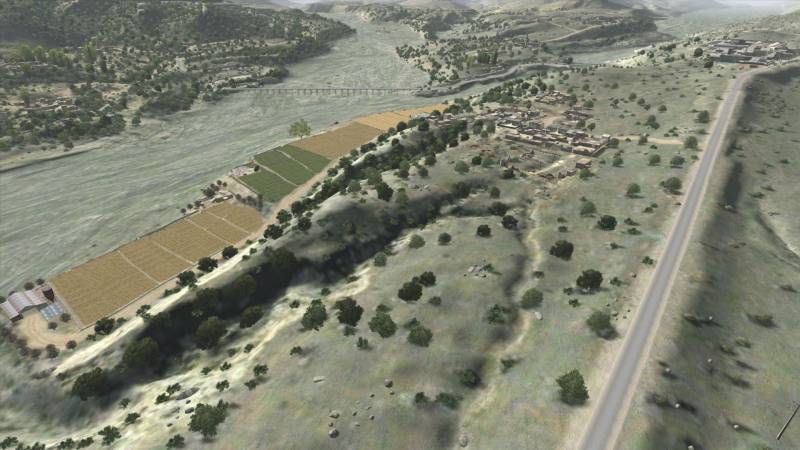It seems increasingly likely that FATA is to be merged with KPK as a means of reforming the area and granting its people their rights as Pakistani citizens. This was highlighted in the report given to the Prime Minister by the FATA Reforms Committee, headed by Sartaj Aziz. The committee arrived at this conclusion after a series of discussions with relevant stakeholders; tribal leaders, civil society members, the business community and political parties in the area. A shared cultural history makes this merger a logical course of action. The population of FATA is mostly Pukhtun and Hazara, and KPK’s shared ethnic composition will be beneficial in the long run.
The intelligentsia of FATA seems to understand this, with the realisation that the other options; of maintaining the status quo but with legal reforms, granting FATA complete provincial status or creating a FATA council similar to the system in Gilgit-Baltistan are all unfeasible for one reason or the other.
The first option, of legal reforms has been attempted before, and brought no results. It is also that the people of FATA want more from their country than just mere reforms that could take an age to be put into practice.
FATA is too far behind in terms of development to be allowed the second option of becoming a separate province. The Frontier Crimes Regulation (FCR) and the lack of economic development mean that FATA already has a handicap, and its relatively small size with little or no resources available will make it hard for the region to survive on its own.
Merging it with an established province would be much more beneficial then granting it provincial status, which would only provide room for incompetence and corruption. A merger with KPK would allow for teething problems to be minimised, where the provincial government will simply be extending its services to another region.
Creating a FATA council was also rejected by many, even as a means of transition before joining KPK. The major reason for this is the creation of new power circles and resulting vested interests that might hamper FATA’s journey on the path of development.
At the moment, the biggest priority in the area is the rehabilitation of Temporarily Displaced Persons (TDPs) from the area and securing it completely against the threat of terrorism. Infrastructural development comes next, with the necessary legal adjustments (repealing the FCR and granting the people of FATA their rights) going side by side. To ensure that all of this goes by smoothly, extending the writ of the provincial government of an established province with available resources and a shared cultural history is obviously the best choice.






